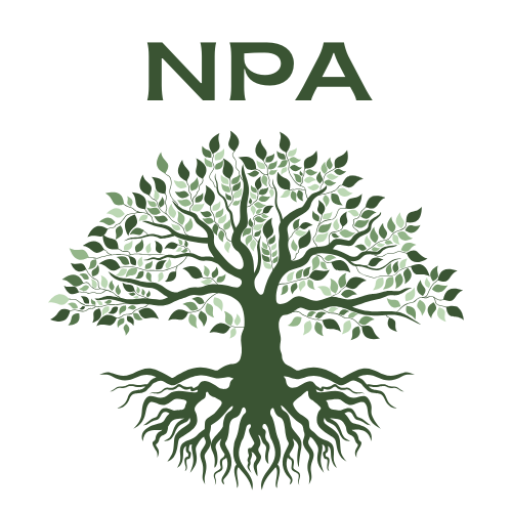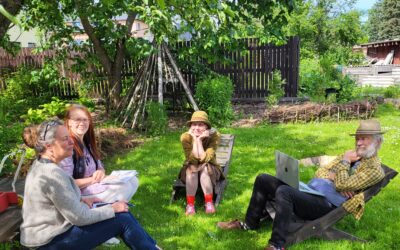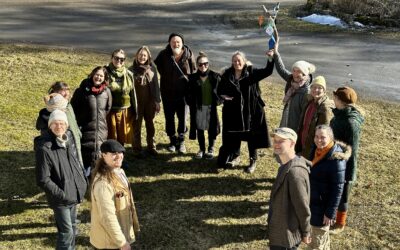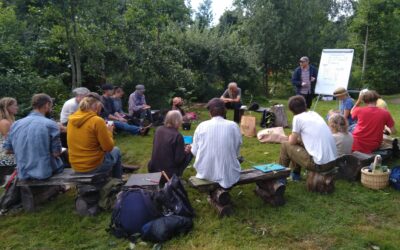Cultivating a Sustainable Future
Empowering Tomorrow's Permaculture Leaders
Join us at the Nordic Permaculture Academy, where we nurture the next generation of skilled permaculture designers through innovative mentoring and comprehensive accreditation.
The Nordic Permaculture Academy is promoting skilled Permaculture Designers through mentoring and accreditation in Applied Permaculture Design.
Weaving networks and connecting with likeminded people is an important part of the learning pathway. We connect experienced permaculture designers and diploma apprentices through gatherings, MOG’s, diploma guilds and connecting with buddies.
The Nordic Permaculture Academy is run sociocratically in order to foster equity, efficiency, empowerment, trust and transparency.
Our Vision and Mission
Vision, Mission and Aims of NPA 2025
(Reviewed and decided 2024-11-25)
- Vision – (The future we see)
- We live in a regenerative world where everyone can live by Permaculture Ethics.
- Mission – (Our part in achieving this vision)
- To develop and maintain a Nordic Diploma System
- To build capacity in the network of apprentices and mentors in the Nordic Permaculture Academy
- To mentor and support apprentices’ diploma work and pathways
- Aims and Goals
- Developing and clarifying the mentor domain
- Training new mentors
- All mentors design their pathways
- Mentor training for mentors and becoming mentors in March 2025
- Mentoring of apprentices
- Individual mentoring session
- Assessing designs
- Midway assessments
- Final Portfolio Assessments, Presentations and Peer Reviews
- Develop teaching material
- Publish the Design Toolbox
- Host three Diploma Gatherings
- Finland spring
- Estonia summer
- Sweden autumn
- Host online meetings
- MOGs 7th @ 7 pm CET
- Presentations online
- Onboarding meetings
- Develop internal/external communication
- Evaluate, improve and clarify the communication domain
- Functional and upgraded website including personal profiles
- Developing and clarifying the mentor domain
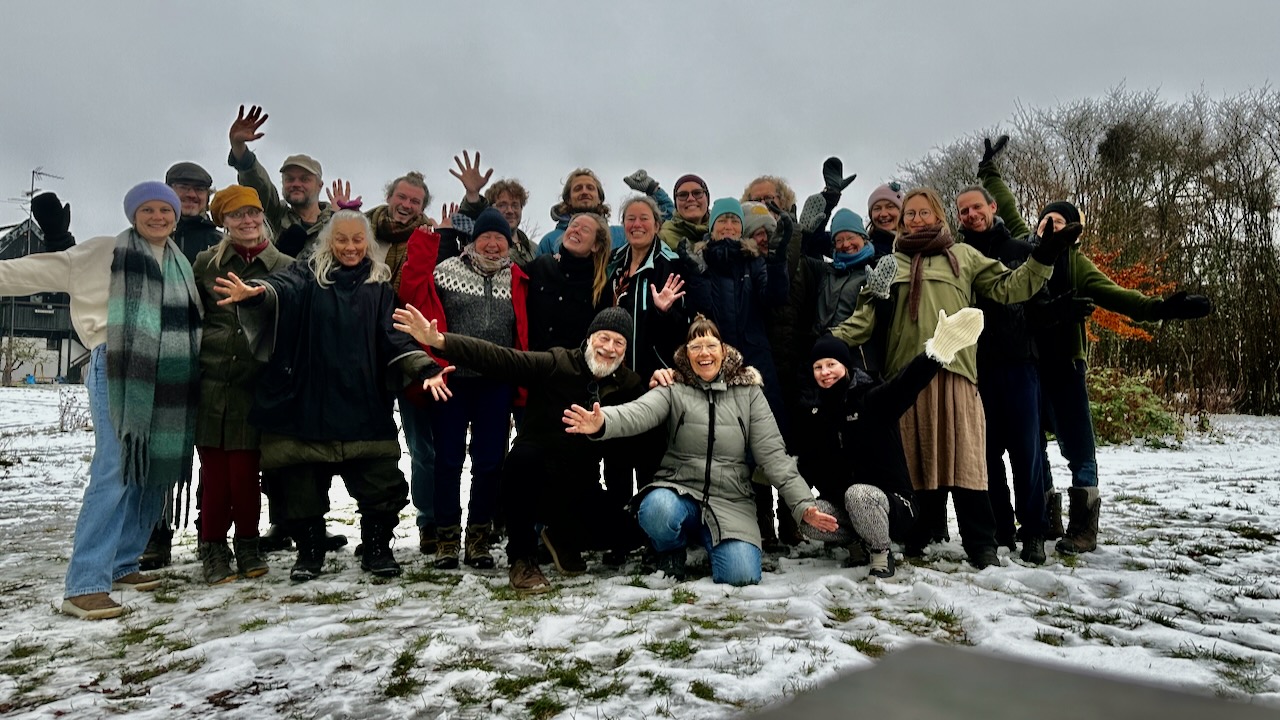
Highlights
Diploma Gathering
Friday 21st - Sunday 23rd November A wonderful opportunity to engage with NPA permies from all over the Nordic and Baltic countries and learn from the community of practice 🙂 There are many good reasons to join the Diploma Gathering - networking, new friends,...
NPA General Assembly – Annual Meeting
26th of August 2025 at 18.30 CET on Discord Be part of the exciting learning community and don’t miss out on the latest updates and discussions happening here. Everyone who is registered with the NPA is welcome to join. To be able to plan a good meeting, let us know...
Permaculture Teachers Training, Autumn 2025
Permaculture Teachers Training October-November, 2025 This is an internationally certified Permaculture Teachers Training, aimed at Permaculture practitioners and teachers all over Europe. All teaching is in English. Do you want to take your next steps by becoming a...
Understanding Permaculture
The Principles of Permaculture
Permaculture is a holistic design philosophy that focuses on creating sustainable and self-sufficient ecosystems. It draws inspiration from natural patterns and processes, integrating them into human environments to promote harmony and balance.
Central to permaculture are its principles, which include observing and interacting with nature, capturing and storing energy, and valuing diversity. These principles guide designers in creating resilient systems that meet human needs while enhancing the environment.
Incorporating permaculture into design not only addresses environmental challenges but also fosters a sense of community and creativity. At the Nordic Permaculture Academy, we emphasize the importance of fun and innovation in learning, ensuring that our approach is both effective and enjoyable.
The Joy of Learning
Embracing Fun in Permaculture Education
At the Nordic Permaculture Academy, we believe that fun is a crucial component of the learning process. By integrating joy and creativity into our educational approach, we foster an environment where students feel engaged and inspired. This playful atmosphere not only enhances creativity but also encourages deeper understanding and retention of permaculture principles. Our motto, ‘if it’s not fun it’s not permaculture,’ reflects our commitment to making learning an enjoyable and transformative experience.
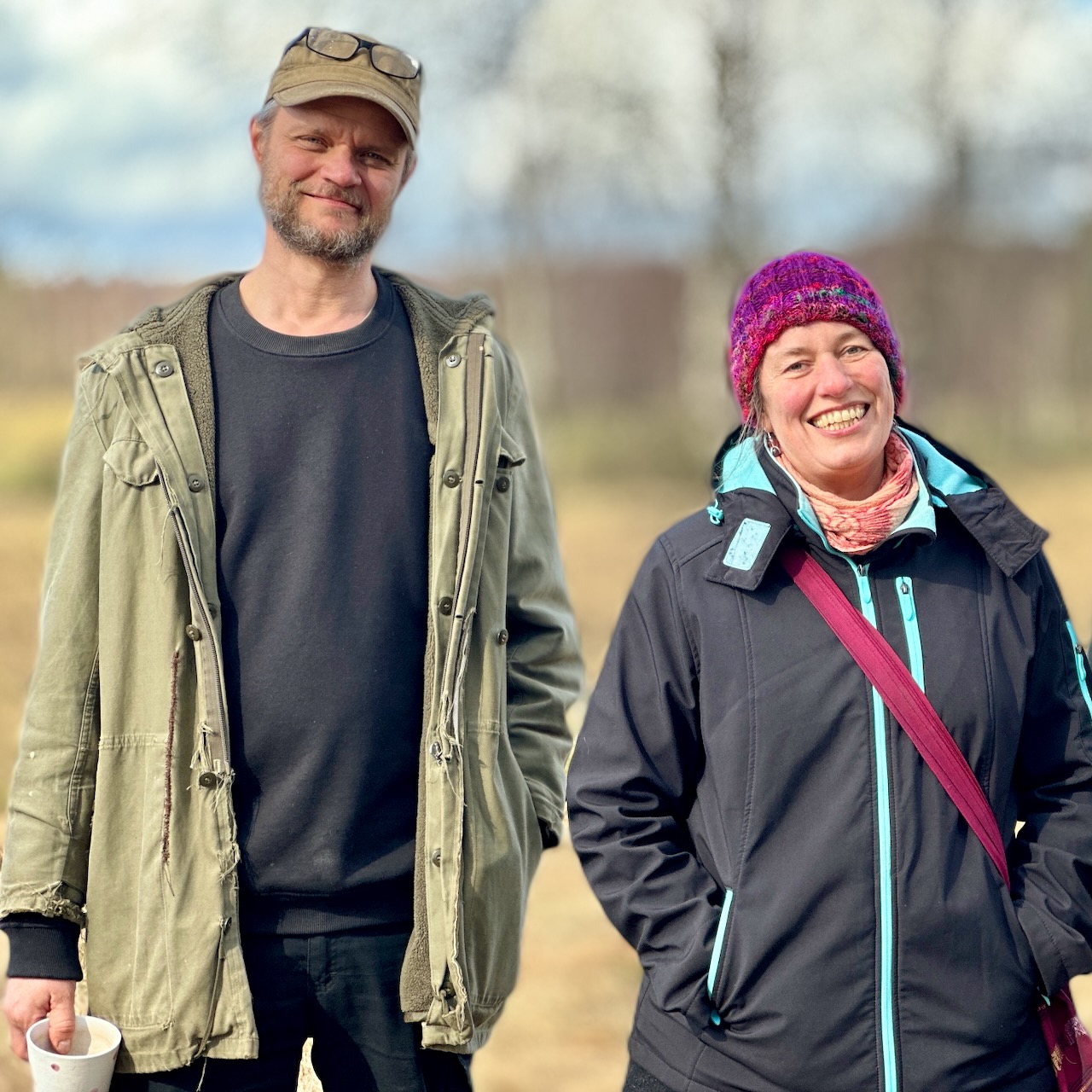
Our Mentoring and Accreditation Services
The Nordic Permaculture Academy offers a range of services designed to support aspiring permaculture designers. Our mentoring program provides personalized guidance from experienced practitioners, helping students to refine their skills and develop their unique design styles. Additionally, our accreditation service recognizes and certifies individuals who have demonstrated proficiency in Applied Permaculture Design, ensuring they are well-equipped to contribute to sustainable communities.
Personalized Mentoring
Our mentoring service pairs students with seasoned permaculture designers who offer tailored advice and support throughout their learning journey.
Accreditation Program
Gain official recognition for your skills in permaculture design through our comprehensive accreditation process, which validates your expertise and commitment to sustainability.
Workshops and Gatherings
Participate in interactive workshops and gatherings that cover a wide range of permaculture topics, designed to deepen your knowledge and practical skills. Join also our Monthly Online Gatherings (MOG’s) for momentum and inspiration.
Community Projects
Design and engage in real-world projects that allow you to apply permaculture principles in community settings, fostering collaboration and innovation.
What Our Students Say
“The PTT course also gave skills for new ways of decision making and conflict resolution. At the same time it gave also insights into how challenging it can be to make decisions together in a large and diverse group. Dozens of different games and plays showed us how important it is to take a break and have fun in the middle of learning. During our meals we got inspiring practical tips on how to connect permaculture principles with the food we serve and eat!”
Henna Jämsä
“Permaculture is not about individuals creating food forests in every corner
of the world but about working together, with each other and with nature and striving for the harmonious
integration of humans and other beings.”
Anita Rübberdt
“The best thing was that we created the structure of the days together, based on the needs of the participants. We had some ideas about what our mentor, Cathrine, could teach us together, but we ended up asking personal questions when they arose and sometimes it happened that the theme discussed was actually helpful for everybody else too. So yes, all the time there was flowing in a productive way.”
Marian Nummert
